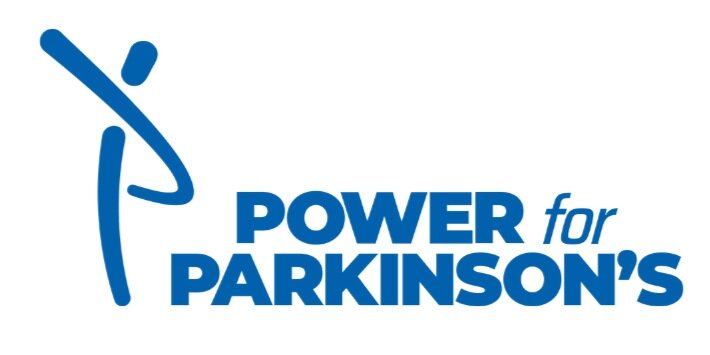I don’t feel like exercising….and other easy reasons to stay on the couch.
Let’s face it, most people don’t like to exercise as much as I do. OK, let’s get even more real; most people don’t like to exercise, period. I have heard every reason not to exercise from I’m too tired, too out of shape, I don’t have time, I don’t like to sweat, it hurts, I’m too old, I’m active enough, or it interferes with my ________(fill in the blank – reading time, nap time, social time, shopping time, hobby time etc).
All those are really good and sound reasons to postpone, delay or just not bother exercising. Maybe you are not that interesting in getting stronger or being more flexible. Maybe touching your toes or even seeing your toes is not up on your list of priorities. How about feeling happier? Did you know that it takes only about 5 minutes of moderate exercise to change one’s mood? In fact, research shows the connection between exercise and mood is very strong.
Aside from the obvious physical benefits that may not be of interest to you, there are a host of other benefits to exercise you may want to consider. Exercise has been proven to lower stress and tension in your body by releasing endorphins (the “feel good” chemical in your brain), and helps you to refocus your attention away from life’s stressful situations. Regular exercise has been proven to actually make you feel more energize, less tired in your daily life activities because of the increased blood and oxygen flow in your lungs, muscles and brain. Exercise can improve your brain function making you more alert and focused. It can help you fall asleep faster and stay asleep longer. It can help you maintain better posture and lower your risk of falling. It maintains and builds strong bones lowering the risk of fractures and breaks. Exercise has been shown to help with sexual function in both men and women. It has been shown to reduce the risk of some cancers including breast, colon, uterine and lung. Exercise helps your body mange blood sugar and can improve insulin sensitivity.
When you add up all the non-obvious reasons listed above and then add the obvious benefits of exercise; it helps maintain or lose body weight which can make you feel better about yourself. It can give you a feeling accomplishment by completing a goal. It can offer you an opportunity to be social and to maintain friendships and relationships by joining a class or sport. It can help you complete daily living skills without the need for assistance – walking, getting out of a chair, getting dressed or getting up from a fall.
Still not convinced? There is substantial research to support the belief that exercise can delay or slow the progression of Parkinson’s disease. It has been shown to relieve some common motor symptoms of P.D. It can enhance the efficiency of levodopa therapy. Regular exercise reduces stiffness and improves mobility, posture and gait. The additional oxygen to the brain experienced with exercise increases memory, focus and neuroplasticity (the brains ability to adapt and learn new information).
Still not enough? Many Neurologists and movement specialists confirm that exercise is as important as medication to manage symptoms of Parkinson’s and can improve quality of life, lessen depression and keep you strong. For these reasons and more I hope you will think about getting off the couch- go for a walk, take a swim, put on some music and dance…….. join me for a class.

